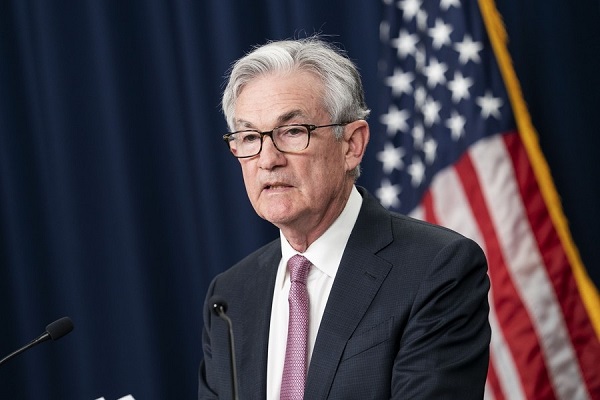New York, (Asian independent) The world’s financial markets are bracing themselves for the sharpest rise in US interest rates in almost 30 years, as America’s central bank takes action to halt rising inflation, The Guardian reported.
After days of frenzied investor speculation and signs of growing central bank anxiety, the Federal Reserve is expected to increase the official cost of borrowing by 0.75 percentage points for the first time since 1994.
The Fed meeting will be preceded by an emergency meeting of the European Central Bank (ECB) to discuss crashing bond prices in Italy, Spain, Portugal and Greece.
The Bank of England is expected to raise UK interest on Thursday, after the rise in UK inflation to a 40-year high. Despite some speculation of a 0.5 point increase, the City expects a 0.25 point rise to 1.25 per cent.
The Fed’s chairman, Jerome Powell, had previously ruled out a 0.75 point increase but the central bank appears to have had a change of heart after higher than expected US inflation was announced last week, The Guardian reported.
News that the US measure of the cost of living had hit 8.6 per cent � the highest in four decades � prompted a sharp sell off in both bonds and share prices, as investors took fright at the possibility of action to combat high inflation leading to recession.
The S&P 500 index � a broad measure of the health of the US stock market � has fallen 20 per cent since its peak in January, while the technology-rich Nasdaq index has dropped by a third.
“Investors have now fully aligned with the view that the Fed will hike by 0.75 points today, following the unexpected acceleration in inflation and inflation expectations in May and media reports suggesting the option was being discussed by policymakers,” said analysts at ING bank, The Guardian reported.
“While a 75 basis-point move is not certain, we doubt such potential ‘leaks’ to the media are a coincidence, and they do appear to us as a (successful) attempt to adjust expectations during the blackout period and prepare markets for the larger increase.”








